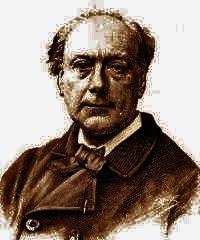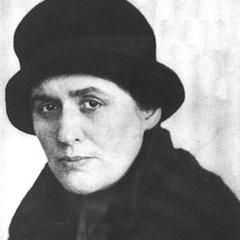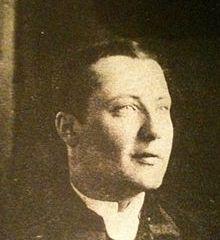William Shakespeare Quotes - Page 87

When we our betters see bearing our woes, We scarcely think our miseries our foes.
William Shakespeare (1805). “The plays of William Shakespeare : accurately printed from the text of the corrected copy left by the late George Steevens: with a series of engravings, from original designs of Henry Fuseli, and a selection of explanatory and historical notes, from the most eminent commentators; a history of the stage, a life of Shakespeare, &c. by Alexander Chalmers”, p.419
Time shall unfold what plaited cunning hides: Who cover faults, at last shame them derides.
William Shakespeare (1820). “Select Plays of William Shakespeare: With the Corrections & Illustrations of Various Commentators”, p.151
'Love's Labour's Lost' (1595) act 1, sc. 1, l. 105
'Hamlet' (1601) act 3, sc. 2, l. [413]
'Henry IV, Part 2' (1597) act 1, sc. 3, l. [41]
To fear the foe, since fear oppresseth strength, gives in your weakness strength unto your foe.
William Shakespeare (2013). “The Wars of the Roses In Plain and Simple English: Includes Henry VI Parts 1 - 3 & Richard III, Richard II, Henry IV Parts 1 and 2, and Henry V”, p.1097, BookCaps Study Guides
William Shakespeare (2015). “Troilus and Cressida: Third Series, Revised Edition”, p.277, Bloomsbury Publishing
'Hamlet' (1601) act 2, sc. 2, l. [316]
This passion, and the death of a dear friend, would go near to make a man look sad.
William Shakespeare, Samuel Johnson, George Steevens, Isaac Reed (1819). “The Plays of Shakspeare”, p.184
To mourn a mischief that is past and gone Is the next way to draw new mischief on.
1603-4 Duke to Brabanzio. Othello, act1, sc.3, l.201-4.
Sir, in my heart there was a kind of fighting That would not let me sleep.
William Shakespeare (2001). “Hamlet”, p.412, Classic Books Company
William Shakespeare (2014). “Arden Shakespeare Complete Works”, p.1019, Bloomsbury Publishing
William Shakespeare, Edmond Malone, Samuel Johnson, George Steevens (1790). “The Plays and Poems of William Shakspeare: Twelfth-night. Winter's tale. Macbeth. King John”, p.519
William Shakespeare (2017). “A Midsummer Night's Dream: Arden Performance Editions”, p.105, Bloomsbury Publishing
William Shakespeare, James R. Siemon (2009). “King Richard III: Third Series”, p.240, A&C Black
William Shakespeare, Edmond Malone, James Boswell, Alexander Pope, Samuel Johnson (1821). “The Plays and Poems of William Shakspeare: With the Corrections and Illustrations of Various Commentators”, p.48
Vaulting ambition, which o'erleaps itself And falls on the other side
'Macbeth' (1606) act 1, sc. 7, l. 16
William Shakespeare (1806). “The Plays of William Shakespeare”, p.176
Not all the water in the rough rude sea Can wash the balm from an anointed King.
'Richard II' (1595) act 3, sc. 2, l. 54
'Othello' (1602-4) act 3, sc. 3, l. 346
William Shakespeare, George Walton Williams (1964). “The Most Excellent and Lamentable Tragedie of Romeo and Juliet: A Critical Edition”, p.127, Duke University Press
William Shakespeare (1833). “The plays and poems of William Shakspeare”, p.474
Some grief shows much of love, But much of grief shows still some want of wit.
William Shakespeare (1829). “Dramatic Works: Printed from the Text of the Corrected Copies of Steevens and Malone”, p.780






